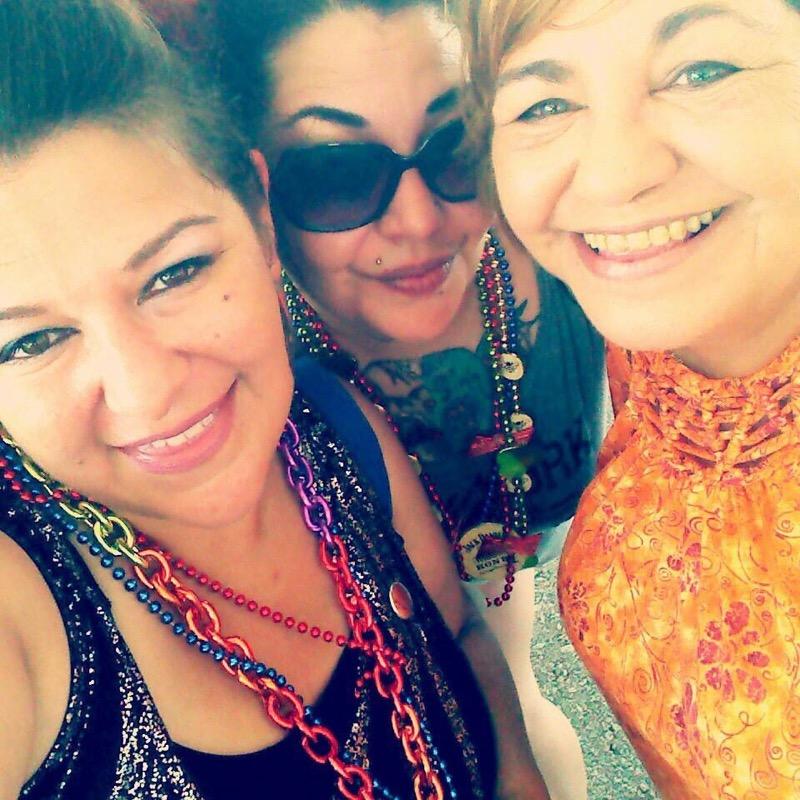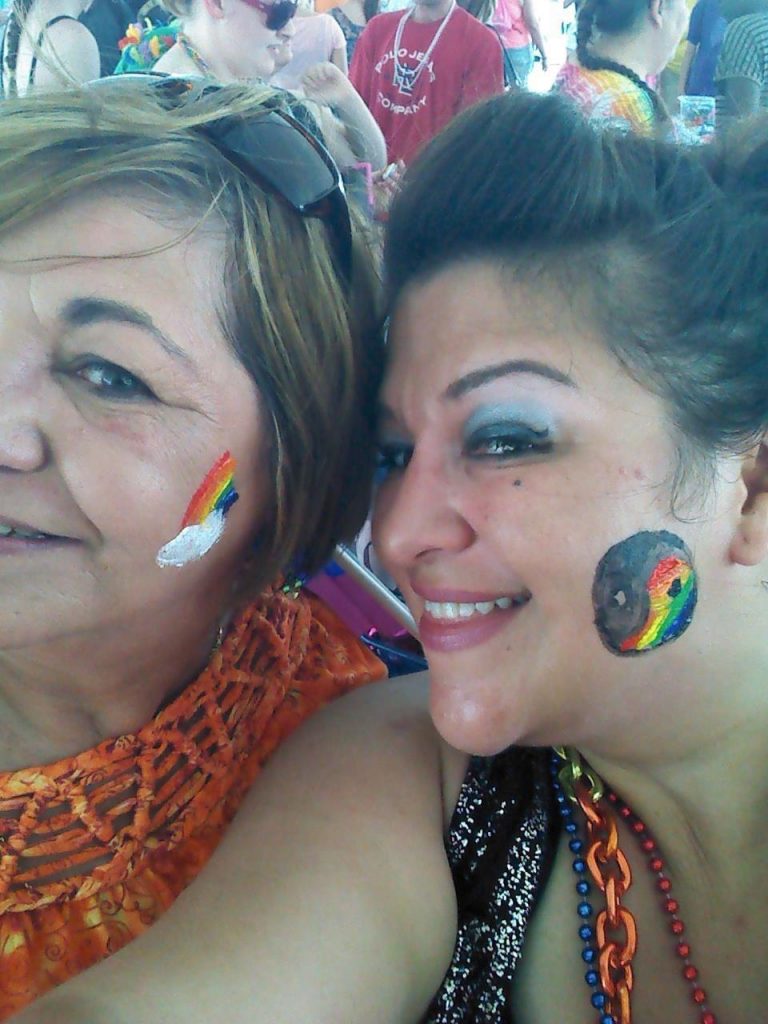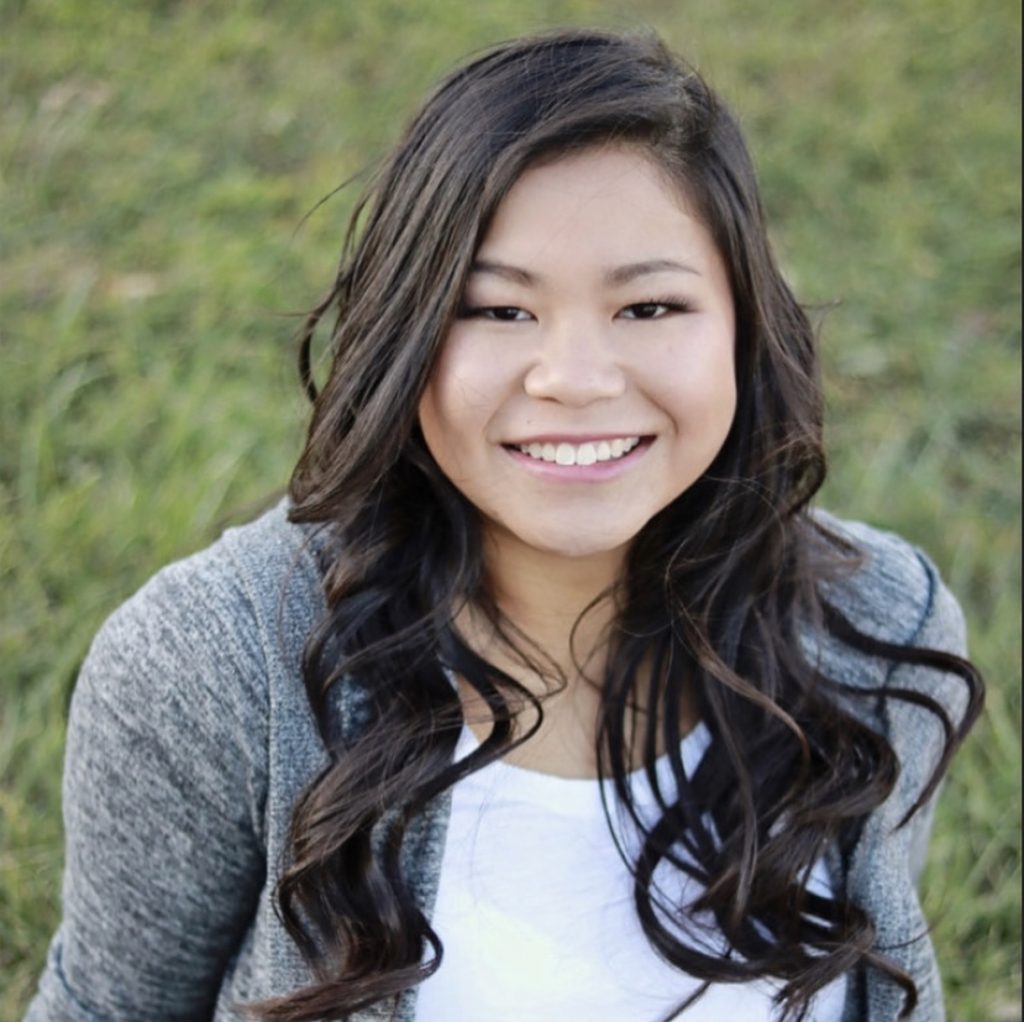
This is a series of personal entries and a letter creatively formulated from an interview with Mandy Martinez. This series is an attempt to humanize the little girl who was robbed of her first love, the teenager who wanted to be understood, and the woman who was strong enough to be herself. The last entry is entirely non-fiction, as I pulled it from my very own journal.
March 1989
Dear Diary,
Today in class we learned about genealogy. The teacher asked us to make a family tree. I learned that I am Hispanic, French, and Moroccan It was easy to fill in the branches closest to me: my mom, Michele, my dad, Armando, my mimi, Lucienne, my papa, Bill. I had to ask my mom about our family, to assist me in filling in the branches that extended past my immediate family. Then the teacher told us to predict our futures. We were supposed to add a page of branches dedicated to our future family. I looked at my mom’s name, my grandma’s, and my great grandma’s; the boxes framing their names were connected to their husbands. It felt weird making up my husband’s name, and not because I am only eleven and I shouldn’t be considering marriage, but because I never pictured having a husband. But what else would I put in that little blank spot next to my name? I decided not to write anything. Ambra was sitting next to me while we made the family trees. She wrote, “whoever I fall in love with” in the box. I like that. I like her too. We became friends today.
Goodnight,
Mandy M.
April 1989
Dear Diary,
Ambra and I ate lunch together every day for the past month. She always gives me her Jell-O Pudding Pops and I always give her half of my turkey sandwich. I like her a lot. She has pretty, blue eyes and dark hair. She has become my best friend. She tells me I am the best girl friend. I wonder if she has any other friends that are girls? Am I really the best? I hope so. I want her to stay my best friend for a long time. She walks me home every day. Ambra’s mom lets her because she lives on base too, not far from me. Speaking of moms, mine is driving me nuts. She tells me I spend too much time with Ambra. Wasn’t she just encouraging me to make more friends that live on the military base? She says my compliments are inappropriate. She won’t even let her spend the night like my other friends do. Geez, I don’t know why she is so scared of Ambra. It’s not like she is a bad influence. The only way I can remain Ambra’s best girl friend, is to keep it a secret from my mom. And that’s just what this diary is for: keeping secrets.
Signing off. I hope Ambra brings a vanilla pudding pop tomorrow.
Mandy M.
May 1989

I have a confession- one I can only tap onto my typewriter. I did a terrible thing. My big sister, Mandy, didn’t deserve to be punished. I did. I talked back to the teacher in class today and the teacher called my parents. Beads of sweat trailed down my face as I neared the front door. I didn’t know what to expect, a spanking? No, mom would find a punishment that was fitting for the crime, like soap in the mouth to wash out my back-talking. I hate the taste of that blue oily soap. And drinking water only makes it worse. When I walked through the front door, mom was sitting on the couch waiting. Mandy was behind me, my protector. She ran upstairs before she could get caught in the middle of my mother’s rampage. She yelled at me for a second, telling me how much I embarrassed her for disrespecting a teacher. What would all the mothers on the military base think when my peers hinted towards my rebellion to their parents? She likes to remind me about how much they gossip about the bad kids at church. Then what would the others at church think? I was afraid of getting grounded and losing my whole weekend over talking back to the teacher, so I said it. I said the one thing I knew would take the attention away from myself… I told her Mandy was gay. How do I know she’s gay? I saw her kiss Ambra at school. On the lips! Mom’s fury was no longer aimed towards me. I placed it promptly onto Mandy. I’m so sorry, Mandy. I didn’t know she would whip out the belt.
Sincerely,
Tammy M., Mandy’s sister
January 1994
Entry #217
What a weird couple of months. First, I see Mandy with her boyfriend, Enrique, and figured she would only ever just be a friend to me. Another straight girl. Then when I talk to her in Sophomore Spanish class, she laughs off their relationship like they are just friends. “I don’t really like-like Enrique. I mean he’s cool, but he’s just not the person I want.” Those were her exact words. I could tell she got giggly and happy towards me, so I finally considered the possibility that she may be into me. I went for it and asked her on a date. We grubbed on In & Out, listened to the new Nine Inch Nails CD, and I even planted a kiss on her cheek. Not bad for a first date. We spent two whole months together before she let me even see where she lived. She told me she was afraid her parents wouldn’t approve. The word she always uses to describe them is “traditional.” Well, she was right, I think. Mandy promised me she would talk to her mom about us so I wouldn’t be a secret anymore. That was the last time we spoke. I tried talking to her at school, but she changed her classes. I tried to call her, but the line never rang more than twice. I guess that’s the end of that.
With a broken heart,
Tina K., Mandy’s second love
Dear Father John,

It has been brought to my attention that my sixteen-year-old daughter was having an inappropriate relationship with another female. The person my daughter is infatuated with wears raggedy dark clothing, has a choppy haircut, and is, worst of all, a woman. I am sure you have dealt with blasphemous over-sexualized youths in your program much worse than my Mandy. I think she may need some guidance, if this phase of hers continues. I would like you to teach her the proper way of life; the traditional life with a husband and children. Mandy wants to be a nurse; she wants to help people. That proves she is a good person despite her sinful desires. I have done my research and have come upon a conversion program you are holding in the summer. I am interested in registering my Mandy this upcoming summer, if she doesn’t change her ways immediately. I want to be a grandmother. I want my daughter to feel whole! I trust you to guide her away from the alternative lifestyle I fear she may want to live.
In the name of tradition and The Holy Spirit,
Michele M., Mandy’s mother
June 2003
Dear diary,

I haven’t written in this old thing in years, but I feel as if writing will give me some form of therapy. I think I am finally ready to leave Robert. He is a good man, an amazing man. He is a perfect father to my three children, and I will always love him, but something is missing. Something has always been missing. I have sacrificed my true self to satisfy my mother, my husband, and my children. I am a fucking adult. My mother cannot run my life or threaten to send me to a conversion camp. I know my kids will be hurt by the separation, but my oldest, Brittany, is six years old. I have time to help her understand as she ages. All of them. They will understand because they love me. I am a lesbian. It feels so refreshing to write. The ink is dry upon the page and my words have meaning. I am going to leave Robert tonight. My kids will forgive me, right? What if they hate me for dragging them into an alternative lifestyle? Now I sound like my mother.
I can do this.
Mandy M.
July 2015

Hey, journal. It’s Alison again. Who else would it be? Whatever. I just got home from Pridefest with my family. We all got decked out in rainbows and had so much fun. Mom and I saw our favorite drag queen perform! Pride is my favorite family tradition. Everyone is so inclusive and fabulous! After Pride, mom and her girlfriend, Angel, took us to Steak N’ Shake for the perfect burgers. While we were all sitting in the squeaky booths, scarfing down our burgers, I noticed my mother’s smile. It was a certain smile that is only possessed in the genuine haze of late-night diner food. It was a smile I recognize, for it portrayed her happiness in that moment. The genuine gleam to her grin makes me grin, because I know my mom is happy. My grandma called mom after she saw the pictures my mom posted on Facebook from Pride. She asked if she could join us next year. Progress.
Love,
Alison K, Mandy’s daughter





